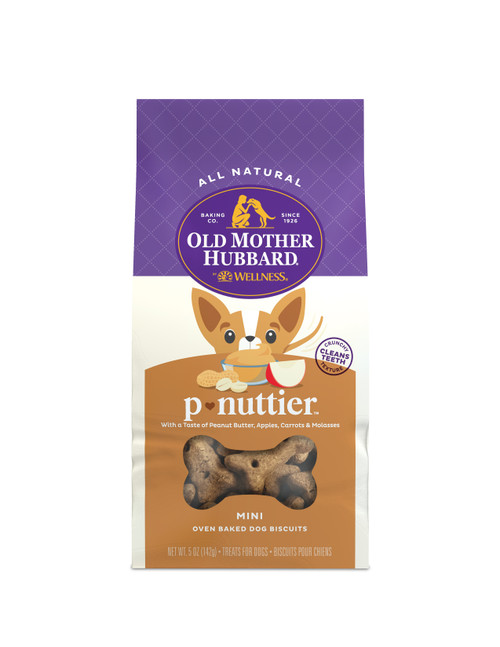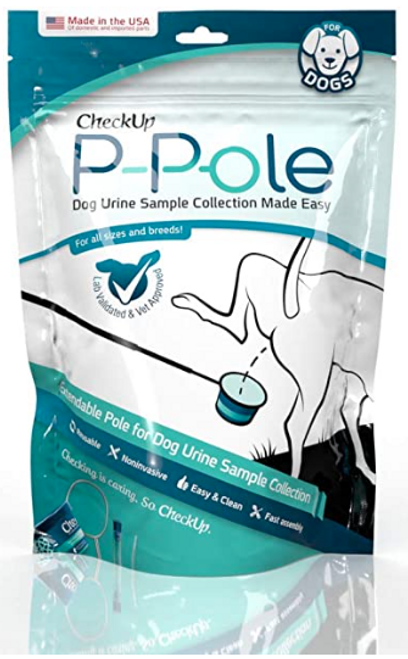Product details
Temaril-P tablets contain a phenothiazine antihistamine (trimeprazine) and corticosteroid (prednisolone) combination used to relieve allergic itching/inflammation and various cough conditions in dogs.
-
Provides a 3-way therapeutic effect: anti-pruritic (itch), anti-inflammatory, and anti-tussive (cough)
-
May allow for lower doses of corticosteroid to be administered in some cases due to synergistic combination of an antihistamine and a corticosteroid¹
-
Relieves itching caused by allergic, inflammatory, and parasitic dermatoses
-
Relieves itching and reduces inflammation associated with allergic and atopic dermatitis, including otitis, in dogs
-
Provides relief from coughing associated with “kennel cough,” allergic bronchitis, or nonspecific causes
References:
1. Paradis M, Scott DW, Giroux D. Further investigations on the use of nonsteroidal and steroidal anti-inflammatory agents in the management of canine pruritus. J Am Anim Hosp Assoc. 1991;27:44-48.
Sourced directly from the manufacturer or their approved distributor. Guaranteed genuine product backed by the manufacturer.
For
Dogs
Active ingredient(s)
Trimeprazine tartrate, Prednisolone
Inactive ingredients
Inactive ingredients list not provided by manufacturer.
Brand name
Temaril-P
Drug class
Phenothiazine antihistamine, Corticosteroid
Manufacturer
Zoetis
Product strength & size
Each Temaril-P tablet contains 5 mg of trimeprazine and 2 mg of prednisolone. Please ensure the selected product and quantity are appropriate for your pet, as recommended by your veterinarian.
For current availability, please refer to the product selection above.
Usage
For use in dogs
Temaril-P tablets should be given orally as directed by your veterinarian. Please consult your veterinarian before making any changes or discontinuing the prescribed dosing schedule.
This medication can be given with or without food. If your pet vomits or appears unwell after receiving a dose on an empty stomach, give future doses with food or a small treat. If vomiting continues, contact your veterinarian.
Missed doses
Administer the dose as soon as possible. If it is almost time for the next dose, skip the missed dose and continue with the regular schedule. Do not give two doses at once.
Storage
Store in a cool, dry place at a controlled room temperature not exceeding 77°F. Keep in a tight, light-resistant container and out of the reach of children and pets. Store away from heat and direct sunlight. Do not store in the bathroom, near the kitchen sink, or in damp places. The medicine may break down if exposed to heat or moisture.
Side effects
The appearance and severity of side effects with Temaril-P are dose-related and are minimal at the recommended dosage level.
The most common side effect of this medication is drowsiness, which typically decreases after it is given consistently over time.
Other possible side effects include (but may not be limited to): increased thirst, urination, and/or appetite; dull/dry haircoat; weight changes; excessive panting; GI effects (vomiting, diarrhea, GI ulceration); muscle wasting; weakness, muscle tremors, or rigidity; and behavioral changes (e.g., depression, restlessness, aggression).
Many side effects are linked to long-term use but can still occur during short-term therapy. Your veterinarian may provide specific instructions to help avoid or lessen these effects.
Contact your veterinarian immediately if your pet has complete loss of appetite, atypically low energy levels, behavioral changes (aggression), bloody vomit, black or tarry stools, or shows any signs of infection (e.g., fever, chills).
Notify your veterinarian if your pet experiences any of the effects described above, or if you notice any other side effects that are persistent or troublesome.
If you notice anything unusual, please consult your veterinarian.
Precautions
Do NOT discontinue this medication abruptly; prolonged treatment with Temaril-P must be withdrawn gradually. Please consult your veterinarian before making any changes to the prescribed dosing schedule.
Do NOT use Temaril-P in dogs with untreated Cushing’s disease, active GI or corneal ulcers, a current fungal infection, that are dehydrated, or those that are currently taking aspirin or nonsteroidal anti-inflammatory drugs (NSAIDs, e.g., carprofen, meloxicam).
Use with caution in dogs with preexisting epilepsy/seizure disorders; diabetes; heart, liver, or kidney disease; or a current systemic infection. Steroid medications should be used with caution in young, growing animals, as prolonged use may stunt growth.
Safe use of this medication has not been established and may not be recommended in breeding, pregnant, or lactating animals. Discuss the risks of using this medication with your veterinarian if your pet is in one of these groups.
Do not administer to animals with a known history or suspected allergy/hypersensitivity to phenothiazine or corticosteroid drugs, including this medication or any of its ingredients. Allergic reactions to medications may occur. Be sure to inform Vetsource and your veterinarian if your pet has any known drug sensitivities or allergies.
If your pet displays symptoms of an allergic reaction, discontinue therapy and call your veterinarian immediately or seek emergency veterinary attention. Symptoms may include (but are not limited to): swollen lips, tongue, face, or airways, difficulty breathing, agitation, profuse salivation, and widespread hives or itching.
Drug and food interactions
The following drugs* may have potential interactions with this medication: antidiabetic agents (including insulins), aspirin, blood pressure medications (e.g., amlodipine, enalapril, telmisartan), azole antifungals (e.g., itraconazole, ketoconazole), CNS depressant drugs (e.g., hydroxyzine, methocarbamol, opioids), cyclosporine, digoxin, estriol, fluoroquinolone antibiotics (e.g., ciprofloxacin), metoclopramide, NSAIDs, ondansetron, phenobarbital, potassium-depleting diuretics (e.g., furosemide, hydrochlorothiazide), and SSRIs (e.g., fluoxetine, sertraline).
*NOTE: this may not be a comprehensive list. Contact your veterinarian if your pet experiences any unusual reactions when different medications are given together.
Please ensure your veterinarian is aware of all medications and supplements that your pet is currently receiving. Your veterinarian may prescribe multiple medications, even if a potential drug interaction may occur. In these instances, your veterinarian may adjust the dosages or monitor your pet more closely.
Adverse reactions
If you are concerned that your pet has experienced an adverse reaction to this medication, please contact the manufacturer Zoetis at 888-963-8471 or Vetsource Pet Owner Care at 877-738-4443.
Overdose
If you have any reason to suspect an overdose, call your doctor/veterinarian or the appropriate poison control resource immediately.
For humans:
The national toll-free Poison Help line, 1-800-222-1222, will connect you to your local poison center in case of emergency. This service is available nationwide and in most U.S. territories.
For animals:
The ASPCA Animal Poison Control Center is available 24 hours a day, 365 days a year at 888-426-4435.
Pet Poison Helpline® also provides a 24/7 animal poison control service at 855-764-7661.
*Please note: this information is for third-party services and is provided for convenience in case of potential poison-related emergencies. There may be consultation fee for these services.
Disclaimer
The content provided on this page is NOT medical advice.
All content, including the images and product description above, is intended for general informational purposes only and should not be considered a substitute for professional veterinary consultation, diagnosis, or treatment.
Consult your veterinarian for complete information about this product and how it fits into your pet's individual treatment plan.
Last revised: 5/23/2025















